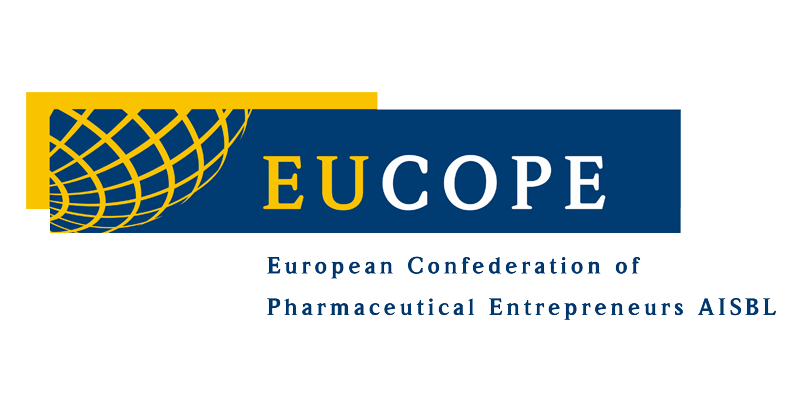It is widely accepted that the COVID-19 pandemic underscored the need for a robust and strategically autonomous European Union, especially in raw materials. Therefore, as we face ongoing global challenges, securing the future of our healthcare systems is paramount. The revision of the pharmaceutical legislation, or “reform” as proposed by the Commission, presents a pivotal opportunity to position the EU as a frontrunner in pharmaceutical innovation, but also creates the chance to overcome and smooth the complexities of our healthcare systems.
In order for Europe to become an independent territory in pharmaceutical area, it is imperative that the continent invests in research and development, fosters innovation, and strengthens collaboration among its Member States. Focusing on innovation the crucial fulfilment that must be taken into account is the unmet medical needs. On the other hand, faster access to affordable medicines and adequate treatments has to be ensured; an issue, which is at the heart of the reform of the pharmaceutical legislation. The proposed amendments from the Parliament seek to strike this delicate balance between fostering innovation, promoting research, and ensuring swift access to medicines. Predictability and clarity are key in achieving these goals.
In order to achieve quality and personalised healthcare, patients must be involved to harvest health data and share their experience
When we are referring to “unmet medical needs” there is a direct connection to orphan medicinal products (OMPs). Specifically for this category of drugs, a regulatory protection is particularly significant due to the unique challenges they present. The complexity of diseases, the relatively limited patient group, and lack of data are setting a series of barriers to conduct further research and invest on new treatments. Although the current legislation on OMPs has been successful in bringing significant societal benefits, with more than 207 orphan medicines approved by EMA since 2000, we still need to foster innovation in Europe. Thirty million people in Europe are rare disease patients, out of which only 5% have treatment options. We necessitate more incentives and clarity for research and innovation to address these unmet needs, and offer more treatment options. Moreover, for rare disease patients it is not only a question of having a treatment option, but whether that treatment will actually offer a better quality of life.
The initial proposal in the Commission's revision lacked the necessary predictability to create a safe environment for research and investment on orphan drugs. Recognising this, I have tabled amendments to extend market exclusivity (ME) for orphan drugs, which will not only provide a secure framework for larger pharmaceutical companies but also ensure that smaller entities have the necessary incentives to contribute to the development of treatments for rare diseases. The proposed amendments include extending the minimum baseline of ME protection from 9 to 10 years, with a further extension to 12 years for products addressing high unmet needs or the paediatric population, medical categories which are included in the pharmaceutical legislation for the first time. This strategic move encourages sustained research and development in areas where the need is most pressing, and particularly empowering smaller companies to actively participate in shaping the landscape of rare disease treatment.
By extending market exclusivity for these critical medications, we not only provide the necessary predictability and security for research and investment but also acknowledge the diverse landscape of contributors, including both large pharmaceutical companies and smaller entities. So, we aim to catalyse advancements in the treatment of rare diseases and moreover improve the lives of those affected.
Furthermore, what I consider as a key priority in this reform is to include and engage patients, amongst other relevant stakeholders. In order to achieve quality and personalised healthcare, patients must be involved to harvest health data and share their experience.
In conclusion, the ongoing revision of the pharmaceutical legislation marks a pivotal moment in shaping the future of healthcare innovation in the EU. It is a once-in-a-lifetime opportunity, and is particularly timely as we emerge from the pandemic and navigate ongoing geopolitical challenges. As we seek the delicate balance between innovation, research, and timely access, we must remain committed to fostering a competitive and compassionate Europe. By prioritising these initiatives, Europe can enhance its capacity to develop and produce cutting-edge medications, contributing to the global advancement of medical science while ensuring the health and well-being of its citizens, particularly those with rare diseases.
In partnership with

This article was produced in partnership with EUCOPE, the European Confederation of Pharmaceutical Entrepeneurs.
Sign up to The Parliament's weekly newsletter
Every Friday our editorial team goes behind the headlines to offer insight and analysis on the key stories driving the EU agenda. Subscribe for free here.